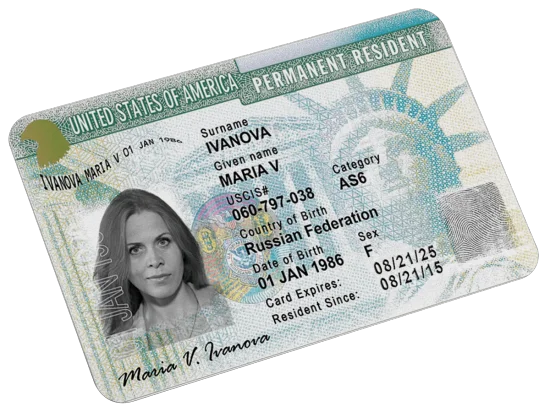Who Is Maryia Vviadzenskaya and What Happened?
Maryia Vviadzenskaya Green Card Detainment: Maryia Vviadzenskaya, known as Masha, is a 28-year-old Belarusian national living in Hawaii with her U.S. citizen husband, Spencer Ricciardello. She legally entered the U.S. on a student visa in 2022, later transitioned to a work visa, and subsequently married Ricciardello—filing a green card application based on their marriage.
On April 16, while returning from a birthday trip in Puerto Rico, Masha was stopped at a TSA checkpoint in San Juan. Despite presenting a U.S. driver’s license, officers flagged her expired visa and an expired immigration status—leading to her detainment by federal authorities. No handcuffs were used publicly, but she was taken into custody.
The Detainment Process and Legal Hurdles
Following her detainment, Masha was transferred to the Broward Transitional Center in Florida. Her husband flew there and visits weekly. Complicating her case, her passport arrived late—two weeks after her initial court date on May 6—delaying her bond hearing.
Masha’s situation underscores the precariousness of immigrant status during transitions—especially for those navigating adjustment of status while awaiting proper work authorization.
Broader Trend: Green Card Holders Facing New Scrutiny
Masha’s case isn’t isolated—it aligns with a broader pattern of increased detentions among visa and green card holders:
Historical legal permanent residents are now subject to scrutiny. For example, 64-year-old Lewelyn Dixon, a Filipina who lived in the U.S. for 50 years and held a green card, was detained at Seattle Airport for a decades-old embezzlement conviction. Similar cases reveal how minor or historical infractions are triggering reentry denials.
NPR reports an uptick in enforcement, where minor criminal records or even expired visas have resulting in border detentions. Legal experts warn that even small infractions can impede reentry.
A broader crackdown is underway. DocumentedNY highlights multiple cases where even those with green cards, valid visas, or pending applications were detained upon entering the U.S., raising concerns about due process and arbitrary enforcement.
Why Is This Happening? Policy Shifts and Enforcement Changes
Several factors are driving this trend:
A shift toward “maximum enforcement” under the current administration means border officers are looking more closely at records—even if infractions are minor or historical.
Legal ambiguity at ports of entry enables officers to use broad discretion. Things like an expired visa or a misdemeanor from years ago can lead to detention—even when other documentation seems in order.
Masha’s case illustrates how territories like Puerto Rico—though U.S.—still trigger federal immigration scrutiny for transit back to mainland U.S., due to TSA and CBP jurisdiction.
Human Cost: Families, Legal Challenges, and Community Impact
The human toll behind these policy changes is significant:
- For Masha, it’s been an emotionally harrowing ordeal—having lost her mother recently and now separated from her husband amid delays and uncertainty.
- Other families, like that of Lewelyn Dixon, faced prolonged separation and legal hurdles despite decades-long residency.
- The cases reveal inequities, such as lack of guaranteed legal representation, unpredictable enforcement, and the emotional trauma of unexpected detainment.
These incidents have sparked legal aid drives, GoFundMe campaigns (like the one for Masha raising over $9,000), and community advocacy to highlight the unfairness of enforcement and support affected families
What Travelers and Immigrants Should Know (And Do)
If you hold a visa or green card—or are in the process of adjusting status—here are key takeaways:
- Avoid extended absences without proper planning. If you intend to travel outside the U.S. for over six months, apply for a Reentry Permit (Form I-131).
- Maintain strong U.S. ties—keep a current address, file taxes, and have documentation of employment or residence on hand. This may help during reentry
- Be proactive legally—especially if you have past criminal history, pending removal cases, or status expiration. Consult an immigration attorney before traveling
- Recognize that temporary lapses—like an expired visa—can trigger detainment, even with pending applications, as shown in Masha’s case.
Closing Thoughts: Masha’s Story in a Larger Context
The case of Maryia Vviadzenskaya is both unique and emblematic. Her experience—detained during a routine birthday return because of visa expiration—illustrates how current enforcement can upend lives, even for those with legal ties to the U.S.
It also highlights that pending green card applications, loss of legal status due to technicalities, and weak border discretion combine to produce humanitarian and legal dilemmas.
For affected individuals, the stakes are impossibly high: family separation, legal limbo, and emotional distress. For policymakers and communities, these cases raise pressing questions about balance between security demands and fairness in the immigration system.





